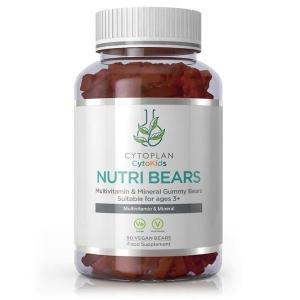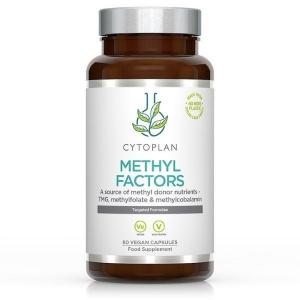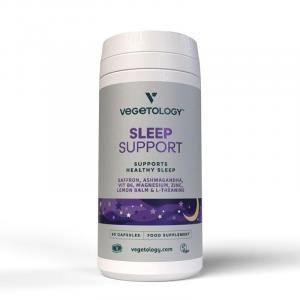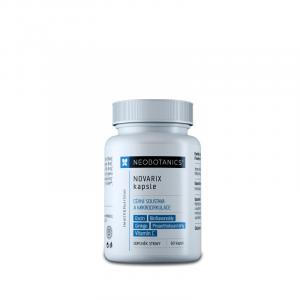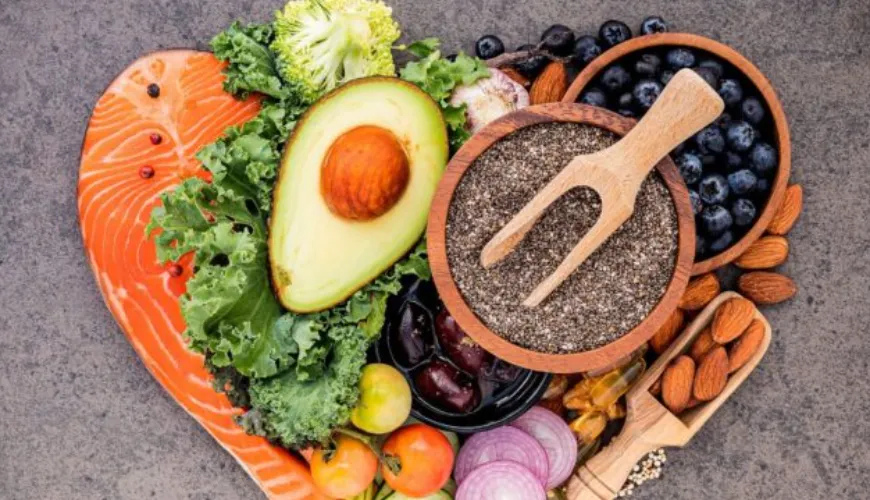
How Spirulina Affects Weight Loss and User Discussions

Spirulina and Weight Loss: Does It Work or Is It Just Another Trend?
In recent years, we've seen a growing interest in natural dietary supplements that promise not only to improve overall health but also to aid in weight loss. One of the stars of this world has become spirulina—a blue-green algae that has gained attention not only from vegetarians and vegans but also from those seeking a natural path to a slimmer body. On discussion forums, in articles, and reviews, the question increasingly arises: Does spirulina help with weight loss, or is it just an overrated supplement?
What is Spirulina and Why is It So Popular?
Spirulina is no newcomer. This cyanobacterium (often mistakenly referred to as algae) has been consumed for thousands of years. The ancient Aztecs harvested it from Lake Texcoco and used it as a nutrient source. Today, it is cultivated under controlled conditions worldwide and is often dried into powder or tablets. The World Health Organization (WHO) has labeled it as “the ideal food for the future”—thanks to its nutritional profile.
Spirulina is literally packed with nutrients. It contains a high proportion of complete proteins (up to 60% by weight), essential fatty acids, B vitamins, iron, magnesium, and antioxidants such as phycocyanin and beta-carotene. Because of this, it is popular not only among athletes but also among people seeking detoxification, immune support, or weight reduction.
Try our natural products
But it is in connection with weight loss that questions and doubts begin to arise—and these are the ones most frequently appearing in online discussions.
Spirulina and Weight Loss: What Do Experiences and Discussions Say?
On Czech and foreign forums like Modrý koník, Zdraví.cz, or Reddit, people often ask whether to use spirulina for weight loss. Experiences vary, but some themes are recurring:
- Appetite Suppression: Many users mention that after taking spirulina, they feel less hungry. It's not a strong effect like appetite suppressants but rather a mild reduction in the natural need to eat between main meals.
- More Energy: Thanks to the high content of iron and B vitamins, people feel more energetic, which can lead to increased physical activity—and thus calorie burning.
- Digestive and Detox Support: Some users report improved digestion, feeling lighter after meals, and more regular bowel movements, which can be beneficial when transitioning to a healthier lifestyle.
On the other hand, there are also skeptical voices. Some discussions emphasize that spirulina alone won't reduce weight unless it's part of a broader lifestyle change. But this aligns with what experts claim.
What Does Science Say?
While personal experiences can be subjective, scientific studies aim to provide a more objective perspective. According to a review published in the journal Appetite (2016), spirulina may contribute to weight reduction in overweight individuals, due to its antioxidant and anti-inflammatory effects, lipid profile regulation, and mild impact on blood glucose levels. Other research suggests that spirulina may help reduce levels of "bad" LDL cholesterol and support fat metabolism.
One frequently cited study published in the Journal of Medicinal Food followed a group of obese individuals who took spirulina for 12 weeks. The results showed a slight weight loss and a decrease in body mass index (BMI), but without a significant lifestyle change, the changes were more cosmetic.
From this data, it emerges that spirulina can be a useful supplement in weight loss, but it is certainly not a miracle cure that replaces a varied diet and exercise.
How to Use Spirulina and What to Watch Out For
The method of using spirulina depends on the specific form—most commonly sold as tablets or powder, which can be added to smoothies, fruit juices, or even yogurt. The recommended dosage ranges from 2 to 5 grams per day, ideally divided into two doses—morning and afternoon.
It's important to choose spirulina from quality, certified sources. This cyanobacterium has the ability to absorb heavy metals and toxins from the surrounding environment, so a product from an unverified source can be more harmful than beneficial. Ferwer.cz, for example, offers spirulina from verified manufacturers with an emphasis on ecological origin and product purity.
And what about side effects? In some people, spirulina may cause mild digestive issues, especially at the beginning of use. Rarely, allergic reactions may occur. If a person has an autoimmune disease or is taking blood-thinning medications, they should consult a doctor before using it.
How Spirulina Helped Change Habits
Jana, a 34-year-old office worker from Brno, started using spirulina on the recommendation of a friend who tried it during a spring detox. “At first, I was skeptical. I didn't expect miracles, but I wanted some impulse for change. After two weeks, I realized I had less need to reach for sweets and started moving more. Once I had a green drink with spirulina in the morning, I didn't feel like 'wrecking' it with a donut," she says with a smile. After three months, she had lost four kilos, but more importantly—she felt better and wasn't tired by noon anymore.
There are more such stories. These are not stories of dramatic transformations like "lost 20 kilos in a month," but of gradual, sustainable changes—and that should be the goal of any healthy weight loss.
What to Focus on When Choosing Spirulina
In recent years, it's evident that interest in spirulina has been growing nicely—people consider it one of the most nutritious dietary supplements, and the market offer reflects this: it's everywhere. And precisely because of this, it can be difficult for someone who doesn't want to get lost in it to know what is really good quality and what is just nicely packaged deception.
It's definitely good to check a few details that will tell you whether that particular product is worth it. The first thing to check is definitely the country of origin—spirulina acts like a sponge that absorbs everything from the surroundings, and if it comes from places where there's no guarantee of a clean environment (e.g., some industrial areas of China), it may contain various unwanted substances. Ideal are products with origin in the EU or from proven farms in Hawaii or India, where quality and cultivation conditions are controlled. Certification is also important—especially organic, which ensures ecological cultivation without pesticides and heavy metals.
As for the form, it depends on what suits whom better—some prefer powder because it easily mixes into smoothies, others choose tablets that can be kept on hand and don't require much thought. And lastly, there are reviews—it might sound trivial, but the experiences of others can really help. Sometimes useful information can be found in them that wouldn't occur to you, and manufacturers usually prefer not to mention them in the product description.
Spirulina is not a magical pill, but it can be a valuable aid on the path to healthier habits. If it becomes part of a balanced diet, it helps kickstart metabolism, improves vitality, and supports the body during times of increased stress—whether it's about losing weight or just trying to feel better.
Ultimately, it's not so much about what spirulina "promises," but rather how we can incorporate it into daily life. And as the old saying goes: “Health doesn't start in the pharmacy, but on the plate.”
